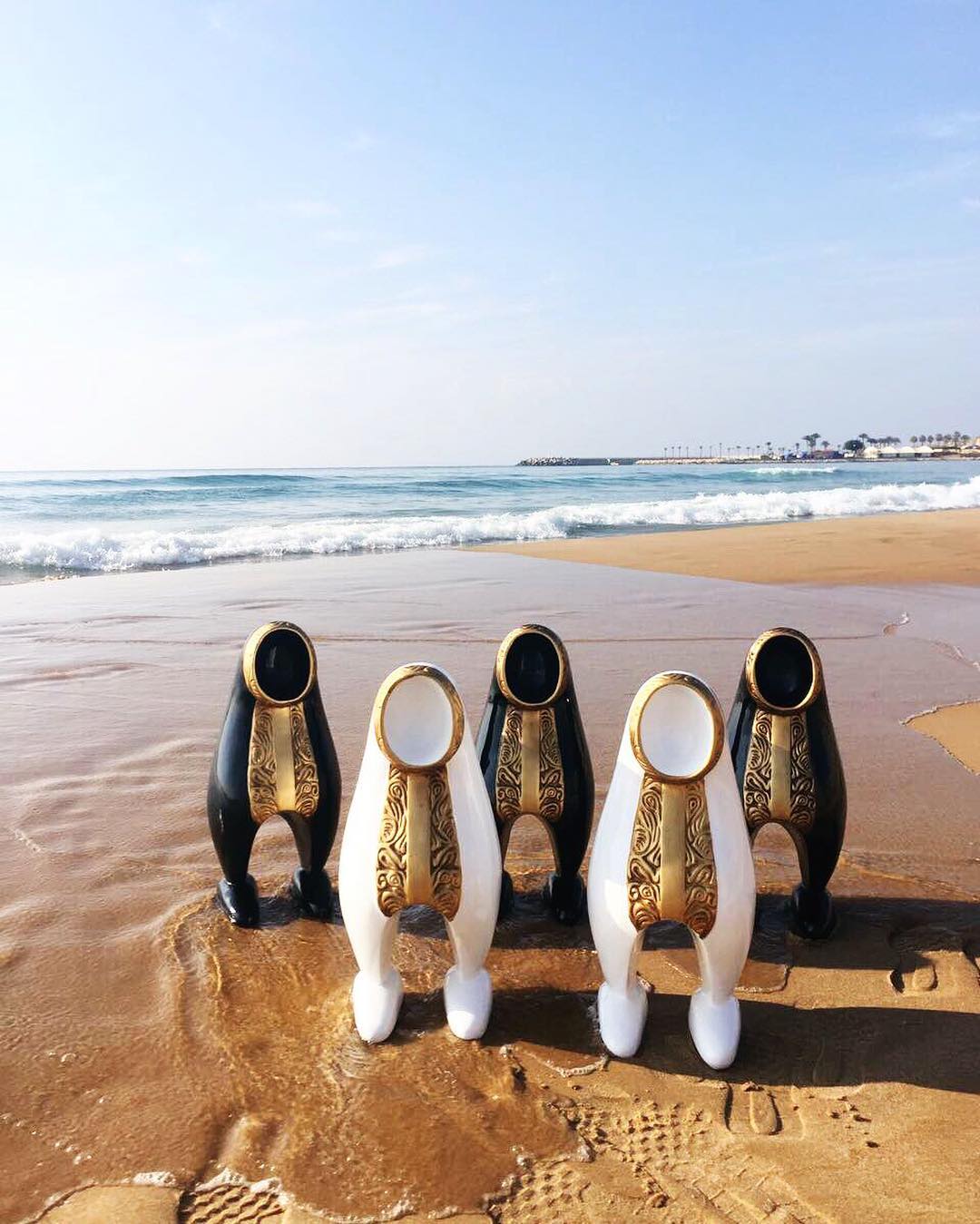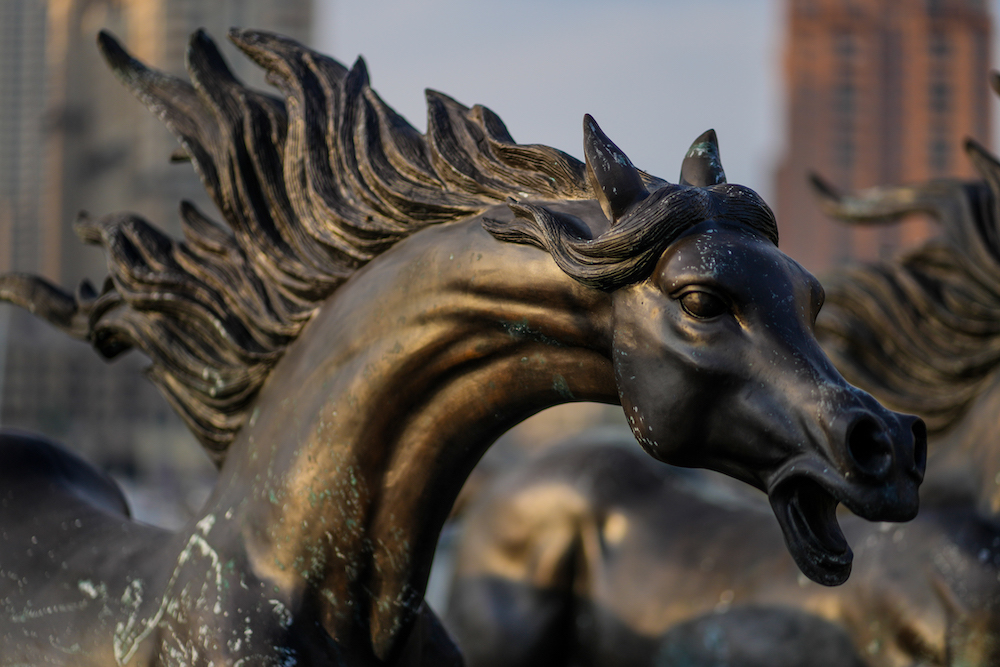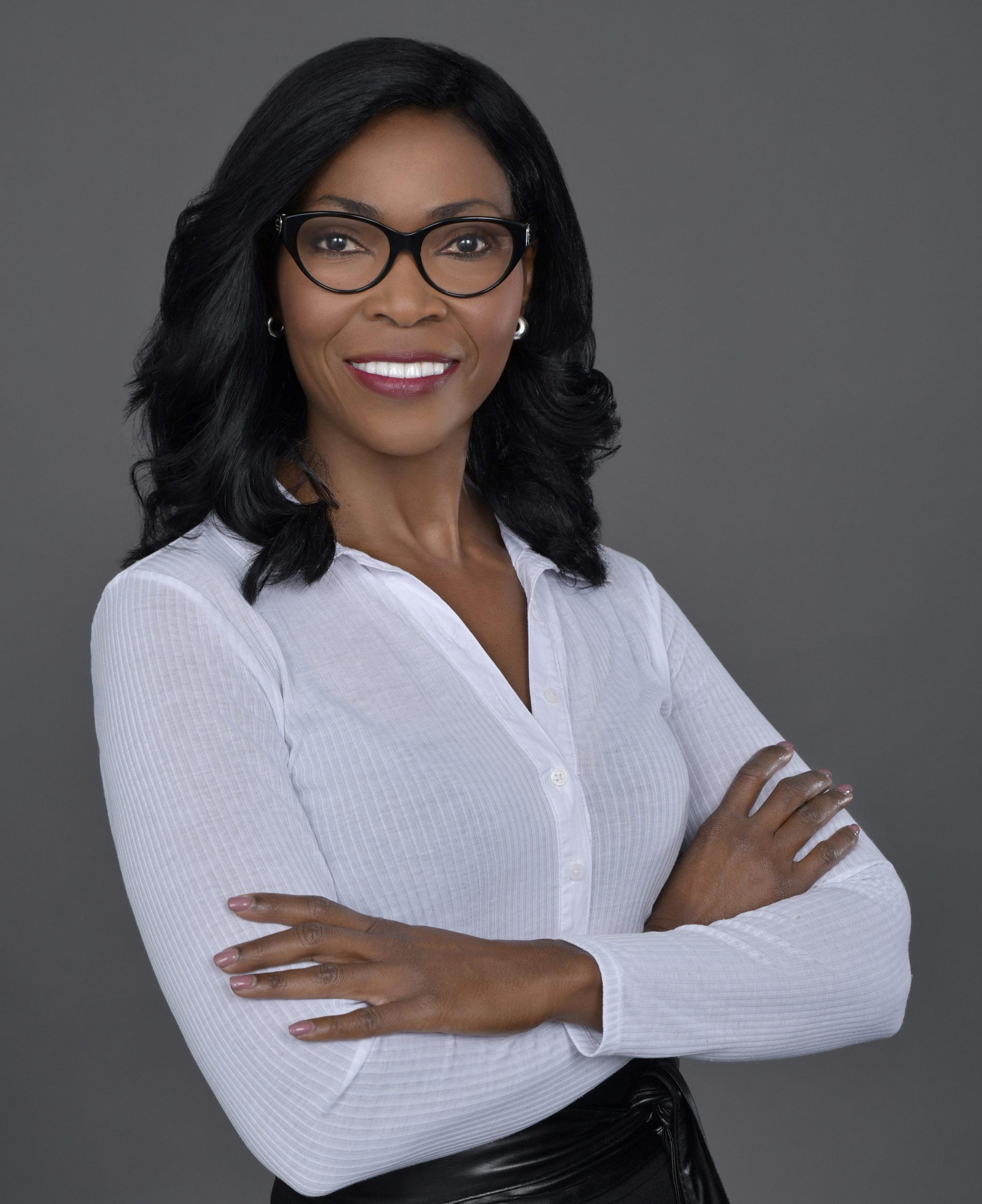Lifestyle
Representing Transition: Fatma Al Shebani Bridges Tradition and Modernity Through Her Art

Few countries have undergone such rapid and dramatic transformation in such a short period of time as Qatar, a former British territory that, in just a few decades, developed from an overlooked backwater situated on the Persian Gulf to the wealthiest country in the world per capita. Likewise, few artists have captured the essence of this metamorphosis, both in its celebration of change and its retention of tradition, as masterfully as Fatma Al Shebani.
Al Shebani’s career took off after the artist decided to leave teaching for good in 2007. An untimely divorce granted her the opportunity to explore her own future in ways previously unconsidered. In 1994, Al Shebani received her Bachelor’s degree in Fine Arts from Qatar University and quickly established her unique voice, developing a style that bridges time itself to reflect the ethos of a society in transition.
Al Shebani’s preferred mediums include resin, bronze, and stainless steel; strong materials that mirror the internal strength of the many powerful women in her life. As a child, she would often visit the metal and concrete factory her father owned and managed, forming, from a young age, a special relationship with these various elements. Through them, Al Shebani brings wondrous visions and dreams to life. Generally, her work seeks to crystalize memories of the past and its traditions in a style that reflects the contemporary realities of Qatari life.

The concept of clothing as a lens through which one experiences culture re-emerges time and time again through her portfolio. In her ‘Bokhnaq’ series, Al Shebani reimagines the traditional garb of young girls to create statues that capture the essence of childhood, reinforcing this idea by positioning the figures in settings that add to the sense of freedom, play, and child-like joy inherent in the pieces. Her ‘Batoula’ sculptures transplant intimate memories from childhood into the present, specifically when Al Shebani would peek under the batoula of her mother or grandmother to look and touch their faces and connect with a part of their identities reserved only for those closest to them.
Together, the two series paint a visceral portrait of traditional imaginings of Qatari womanhood: the cultural dress of women both before and after marriage; outward expressions of identity as one transitions from youth into adulthood. In this sense, Al Shebani’s work acts to preserve memory. She succeeds in reimagining tradition in a form that reflects the contemporary reality of Doha’s shimmering skyline of towering steel skyscrapers; in a form more palatable to audiences of the 21st century.
Other works draw direct inspiration from interpretations of Qatari nationhood. Al Adiyat 9 reproduces the words of the Quran’s surah Al Adiyat in the form of sculpture, while simultaneously illustrating the experience of Qatar as a nation racing quickly into its own notions of modernity. Commissioned to honor the drafting of the country’s 2004 constitution. Al Adiyat 9 serves as a powerful testament to the speed of Qatar’s development, the proud history her people have managed to bring into the present, as well as the boundless opportunities that still lie ahead.

Born into a generation destined to bridge the gap between tradition and modernity, Al Shebani has emerged as one of the most prolific Qatari artists of the past 20 years. She has solidified her role as a sort of ‘voice of the nation’, offering the people of Qatar, through her art, a powerful narrative that reflects both the challenges and promises of prosperity that have come to characterize the country’s collective experience of the past 50 years.
To learn more about Fatma Al Shebani and her work, reach out on social media.
Lifestyle
Donnette Russell-Love on How Policy Changes Are Reshaping the Immigrant Experience in America

What happens when the rules for chasing the American dream keep changing? For millions of immigrants, the answer is anxiety, confusion, and a constant fight to stay one step ahead of shifting policies that can decide their future overnight.
This is the reality that Donnette Russell-Love, attorney and CEO of Immigration Care Service, faces every day. With a career built on both courtroom experience and compassionate advocacy, she has become a steady guide for individuals and families navigating one of the most unpredictable legal systems in the world.
A Changing Landscape
Over the years, U.S. immigration policy has shifted from being opportunity-driven to increasingly restrictive. Donnette Russell-Love has seen how these changes have reshaped not only the process but also how immigrants are perceived. She believes that leadership plays a major role in setting the tone; each administration influences whether the focus lies on inclusion, enforcement, or deterrence.
Under the current administration, the path to the American dream has become much narrower. There has been a stronger push to limit humanitarian provisions for people fleeing unstable conditions, less tolerance for long-term immigrants with even minor offenses from years ago, and growing efforts to challenge birthright citizenship.
These policies reflect a clear shift in how the United States approaches immigration. For many of her clients, the rules that once offered hope now feel like walls. Yet, her mission remains the same: to help them find a way through, one informed decision at a time.
Guiding Clients Through Constant Change
In an environment where laws and regulations can change faster than people can adapt, Donnette’s approach is built on preparation. She doesn’t just focus on forms and paperwork; she focuses on context. Her process starts with understanding each client’s story, background, and long-term goals. From there, she helps them see not just what’s required legally, but what’s likely to be asked, reviewed, or challenged along the way.
For her, education is the most powerful defense. She believes that informed clients are stronger, calmer, and more confident when facing interviews or hearings. She spends time explaining how new rules apply to their situations and how small details, like old records, travel history, or documentation, can make all the difference.
Her deep understanding of immigration stems not only from her legal training but also from her background in compliance and risk management. These skills have shaped her proactive style, allowing her to anticipate potential issues before they arise. Instead of reacting to policy shifts, she prepares her clients to adapt to them.
Leadership That Balances Law and Humanity
Running a law firm in such a turbulent field requires discipline, empathy, and vision, qualities that Donnette has cultivated over years of leadership. As the head of Immigration Care Service, she manages the balance between legal precision and genuine human care. Her team works closely with clients from diverse backgrounds, ensuring they receive not only sound legal guidance but also emotional support during uncertain times.
She also emphasizes the importance of staying grounded. Her philosophy is that immigration law is not just about policies or procedures, it’s about people. Every case represents a life story, a dream, or a second chance. And while the system may grow more rigid, her role is to help clients see that persistence and preparation can still lead to opportunity.
Moving Forward with Purpose
For Donnette Russell-Love, the work doesn’t end with one case or one victory. It’s about helping her clients understand the bigger picture, that success in immigration is not only about following rules, but about knowing how to navigate them with clarity and confidence.
She recognizes that the path to legal residency or citizenship is harder now than ever before. But her message is one of resilience: knowledge and preparation still open doors.
In a time when immigration policies seem to shift with every election cycle, Donnette’s approach stands out for its steadiness and humanity. She reminds her clients and the broader community that while laws may change, the pursuit of hope, belonging, and a better life remains constant. And with the right guidance, that pursuit is still worth every effort.
-

 Tech5 years ago
Tech5 years agoEffuel Reviews (2021) – Effuel ECO OBD2 Saves Fuel, and Reduce Gas Cost? Effuel Customer Reviews
-

 Tech6 years ago
Tech6 years agoBosch Power Tools India Launches ‘Cordless Matlab Bosch’ Campaign to Demonstrate the Power of Cordless
-

 Lifestyle7 years ago
Lifestyle7 years agoCatholic Cases App brings Church’s Moral Teachings to Androids and iPhones
-

 Lifestyle5 years ago
Lifestyle5 years agoEast Side Hype x Billionaire Boys Club. Hottest New Streetwear Releases in Utah.
-

 Tech7 years ago
Tech7 years agoCloud Buyers & Investors to Profit in the Future
-

 Lifestyle5 years ago
Lifestyle5 years agoThe Midas of Cosmetic Dermatology: Dr. Simon Ourian
-

 Health7 years ago
Health7 years agoCBDistillery Review: Is it a scam?
-

 Entertainment6 years ago
Entertainment6 years agoAvengers Endgame now Available on 123Movies for Download & Streaming for Free
